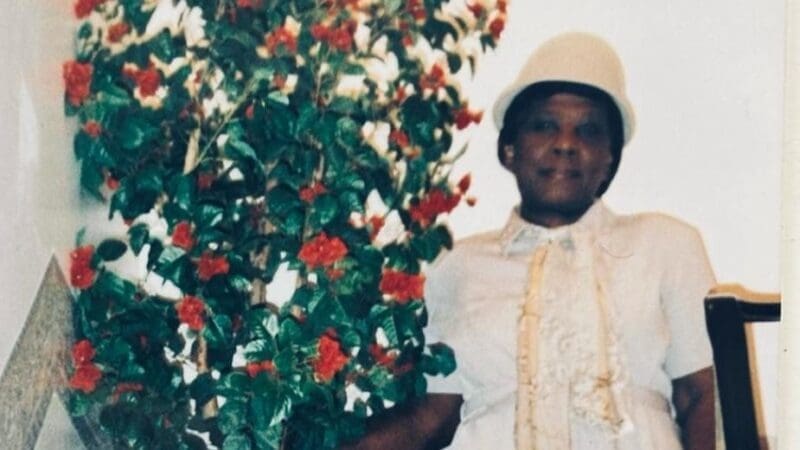
Tim’s story – “There is stigma around dementia”
Tim reflects on the stigma that is often attached to dementia and the importance of the Black, African and Caribbean Admiral Nurse clinics.
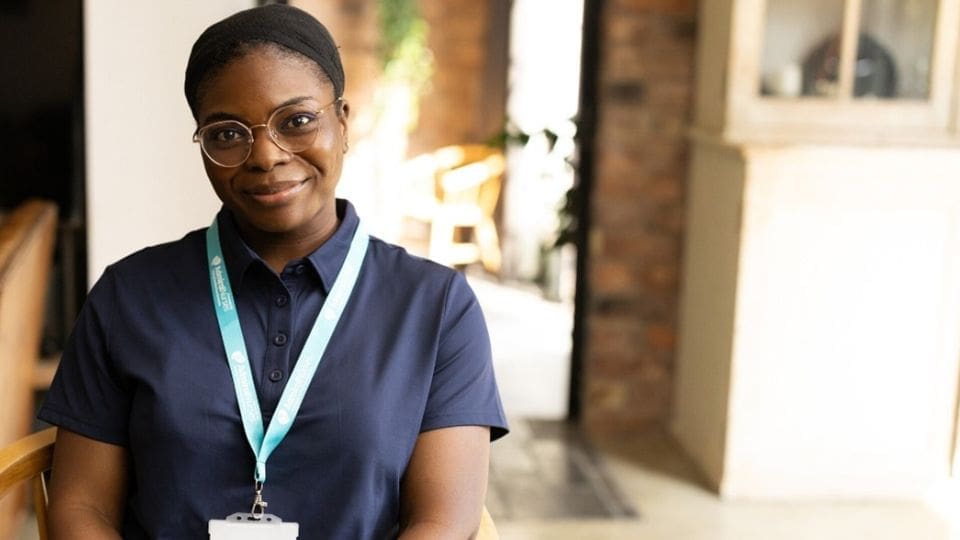
Dementia specialist Admiral Nurse Safia Seini works with families and communities to raise awareness, provide culturally sensitive support, and ensure everyone receives the care they deserve.
I moved to the UK in 2019, and I still remember my first day on the ward as an internationally trained nurse, baffled by the number of people diagnosed with dementia. In Ghana, where I am from, there is low awareness of dementia, and inadequate education about it. Many people have never heard of dementia, and those who have may misunderstand it.
It quickly became clear to me that although dementia is more widely recognised in the UK, similar challenges exist here – particularly within Black, African and Caribbean communities. Research shows that people from these backgrounds often face disparities in dementia awareness, diagnosis and access to care.
That realisation shaped my career path, and it’s what drives me in my role today.
As an Admiral Nurse for Black, African and Caribbean communities, I provide specialist dementia support to families while also helping to make dementia care more inclusive and culturally aware.
It’s a role I am immensely proud of.
This role has three key objectives:
There are still too many barriers to dementia care for Black, African and Caribbean families.
In some communities, there is no awareness of dementia at all – which means early signs often go unnoticed, and people may not seek medical advice until a crisis happens.
Even when people do seek help, stigma and misunderstanding can make it difficult. Dementia is sometimes seen as a normal part of ageing, or something that doesn’t affect Black people, or even that is a spiritual punishment, which can cause fear and shame.
For families who access services, they may find that resources aren’t culturally adapted or that there are language barriers or misunderstandings around cultural practices. Sometimes health professionals lack the cultural knowledge needed to support families effectively.
That’s why roles like mine are so important to bridge that gap, build trust and ensure that everyone, no matter their background, receives the understanding and care they deserve.
Black History Month is about celebrating the achievements and contributions of Black people around the world, but it’s also a time to reflect on how we can do more.
To me, it is about recognising the resilience of family carers, honouring families facing dementia and reflecting on how best I can help people from Black, African and Caribbean communities who are affected by the condition.
If you or someone you know is affected by dementia, our Admiral Nurses are here to help.
Find out more about culturally appropriate dementia support and how to reach out for advice and guidance.
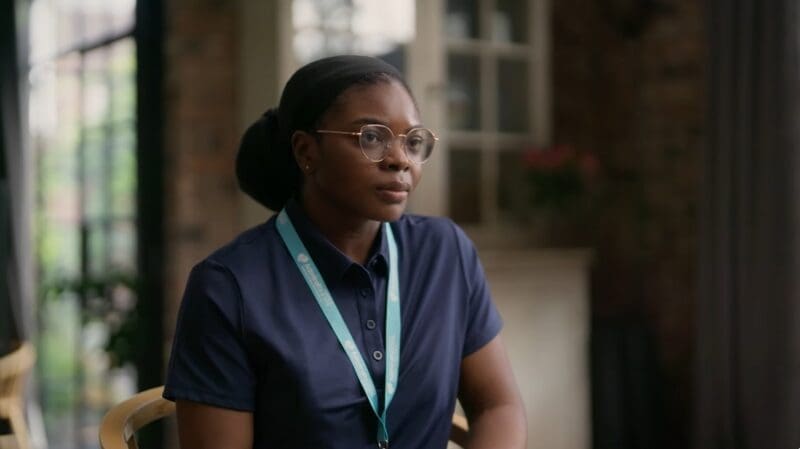

Tim reflects on the stigma that is often attached to dementia and the importance of the Black, African and Caribbean Admiral Nurse clinics.
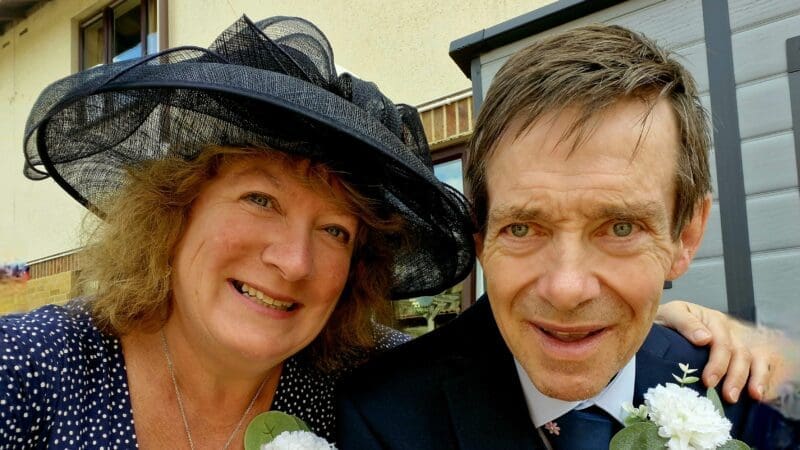
Katrina reflects on the support she has received from her Admiral Nurse, Rachel, since her husband was diagnosed with young onset dementia.
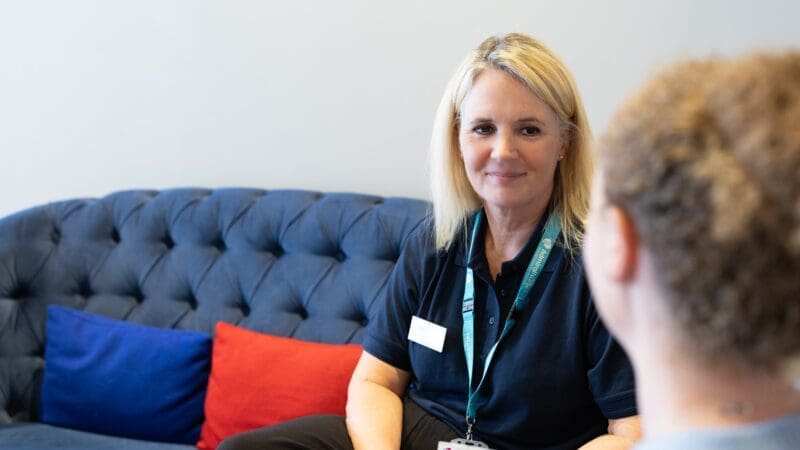
Linda attended a Nationwide clinic and reflects on the advice she received from Admiral Nurse, Emma.